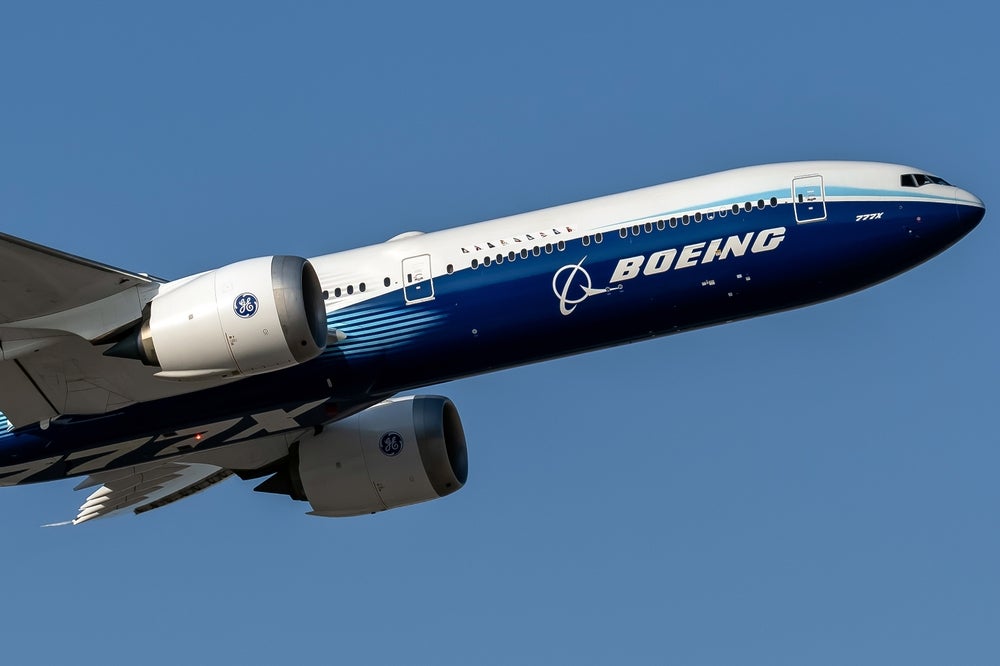Boeing’s sustainability head said that SAFs are “high unlikely to reach price parity with Jet A fuel”, raising concerns as to how effectively the aviation industry can reduce emissions.
SAFs are made from food waste such as cooking oils and plants. Their use has been encouraged by governments as a replacement for kerosene type fuels such as Jet A, to decarbonise the industry. The EU, for instance, adopted a policy that will require aircraft to use at least 2% SAF in their fuel mix if they are to use EU airports from 2025.
Speaking at the 26th World Energy Congress in Rotterdam on Tuesday, Brian Moran, chief sustainability officer at Boeing, said: “SAF is highly unlikely to ever reach price parity with Jet A fuel, so there is a green premium. We are working towards bringing the price down. The carbon price is coming up, increasing the cost of Jet A, and through scale we are trying to bring the price of SAFs down.”
Last week, Boeing bought 9.4 million gallons (gal) (35.6 million litres) of blended SAF, its largest purchase of the fuel yet, for its own operations and to help promote the uptake of SAFs globally.
“We pay the green premium to buy this fuel, to send the demand signal to the market,” Moran said, commenting on the deal.
According to Reuters, as of November 2023, US jet fuel retails at around $2.85/gal while SAF prices are $6.69/gal, a significant premium.
In the coming weeks, the Biden administration is likely to release a preliminary climate model for its SAF subsidy programme designed to overcome some of the cost difficulties. However, the programme could be more restrictive than what the corn-based ethanol industry expected. Under the preliminary model, ethanol is not expected to automatically qualify as a feedstock unless the corn is sourced from farmers using one of just three sustainable agriculture techniques.
Power Technology is in attendance at the 26th World Energy Congress (WEC), with reporter Alfie Shaw available for interviews on the ground. Contact him at alfie.shaw@globaldata.com to arrange timings and discuss topics.









